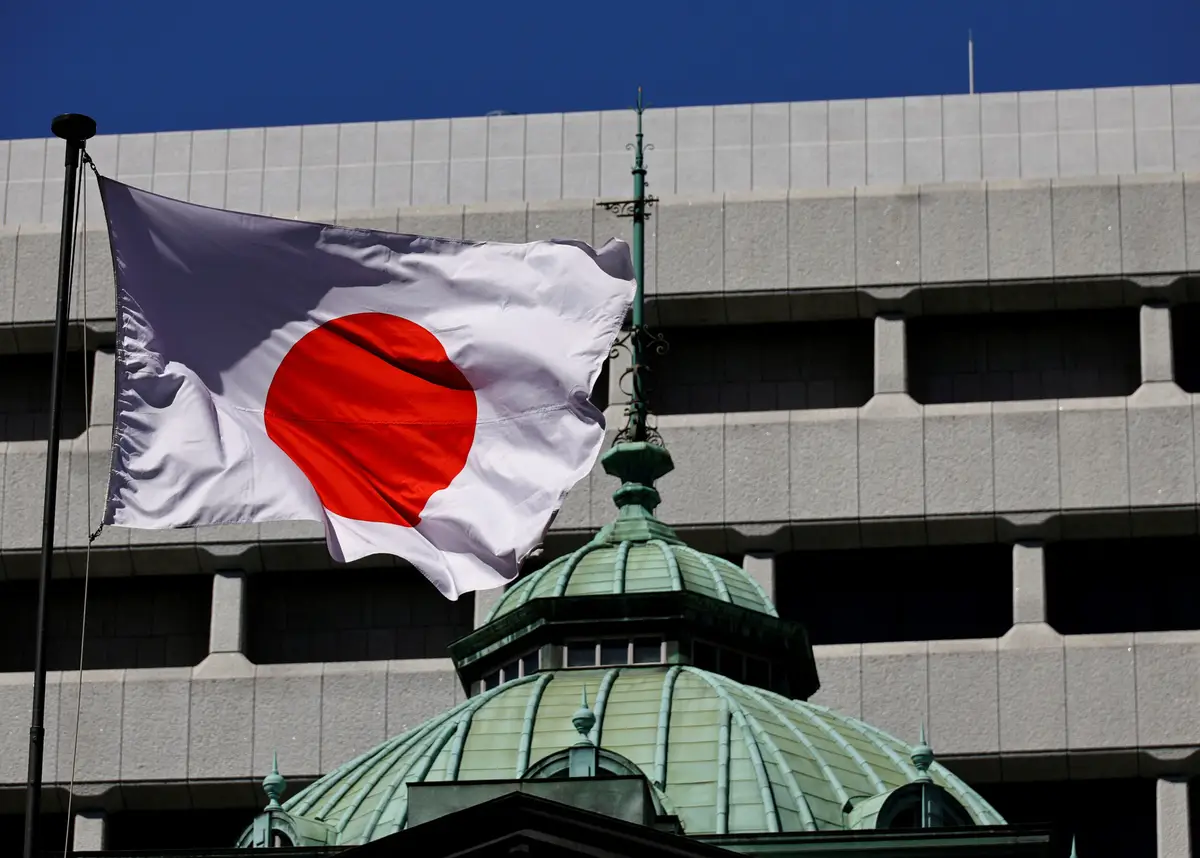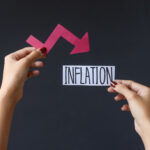Japanese inflation accelerated in January, intensifying pressure on households as core prices, excluding fresh food, rose by 3.2 percent year-on-year, according to government data released on Friday. This marked the highest rate since June 2023 and exceeded market expectations of a 3.1 percent rise, up from 3.0 percent in December, the internal affairs ministry reported.
Overall inflation, including volatile fresh food prices, surged by 4.0 percent compared to the previous year, up from 3.6 percent in December and 2.9 percent in November. This figure positions Japan among the highest inflation rates in the G7.
Food Prices Soar Amid Supply Chain Strains
The spike in inflation has been driven largely by skyrocketing food prices. The cost of cabbage nearly tripled in January due to last summer’s record heat and heavy rains, causing what local media have dubbed a “cabbage shock.” Rice prices also soared by more than 70 percent, and electricity bills increased by 18 percent.
In response to rising rice prices, the government announced plans to release a fifth of its emergency rice stockpile, the first such move prompted by supply chain disruptions since the stockpile’s creation in 1995. Poor harvests and panic-buying spurred by a “megaquake” warning have exacerbated the situation.
Speculation Grows Over Bank of Japan’s Next Move
The unexpected rise in inflation has fueled speculation about the Bank of Japan’s (BoJ) next interest rate hike. Having raised rates in March 2024 for the first time in 17 years and again last month, the BoJ is gradually moving away from years of aggressive monetary easing aimed at combating economic stagnation.
Stephen Innes of SPI Asset Management noted, “Japan’s hotter-than-expected CPI had all the makings of a knockout punch” for boosting the yen’s value, but high-ranking officials intervened to temper the currency rally. Finance Minister Katsunobu Kato also expressed concerns about rising bond yields, warning they could strain government finances due to Japan’s substantial debt.
Currency Markets React Amid Economic Uncertainty
Despite the inflation data, the yen weakened, with one dollar buying 150.26 yen on Friday morning, compared to 149.68 the previous day. Innes commented on the market’s mixed reactions, saying, “Most economists expect the next BoJ rate hike to land in the summer, but the market isn’t entirely convinced.”
Economic Growth Slows Amid Trade Concerns
Recent GDP figures revealed that Japan’s economic growth slowed sharply last year, though fourth-quarter results surpassed expectations. The slowdown comes as Japanese companies worry about the impact of U.S. President Donald Trump’s tariffs and protectionist trade policies on the world’s fourth-largest economy.
Japanese media reported that the trade minister is planning a visit to the United States to seek exemptions from these tariffs, as businesses grapple with the added uncertainty in an already volatile economic climate.






